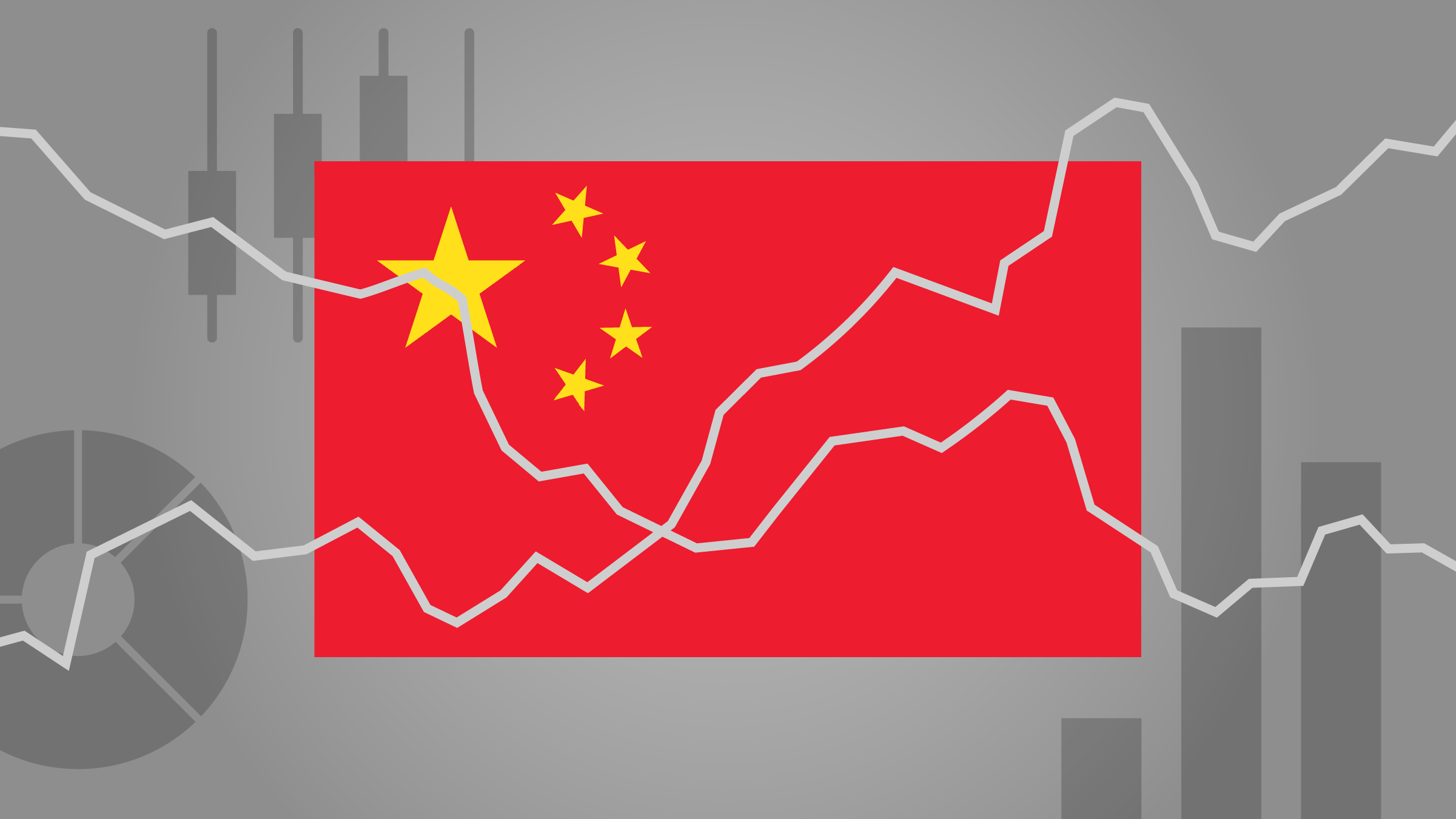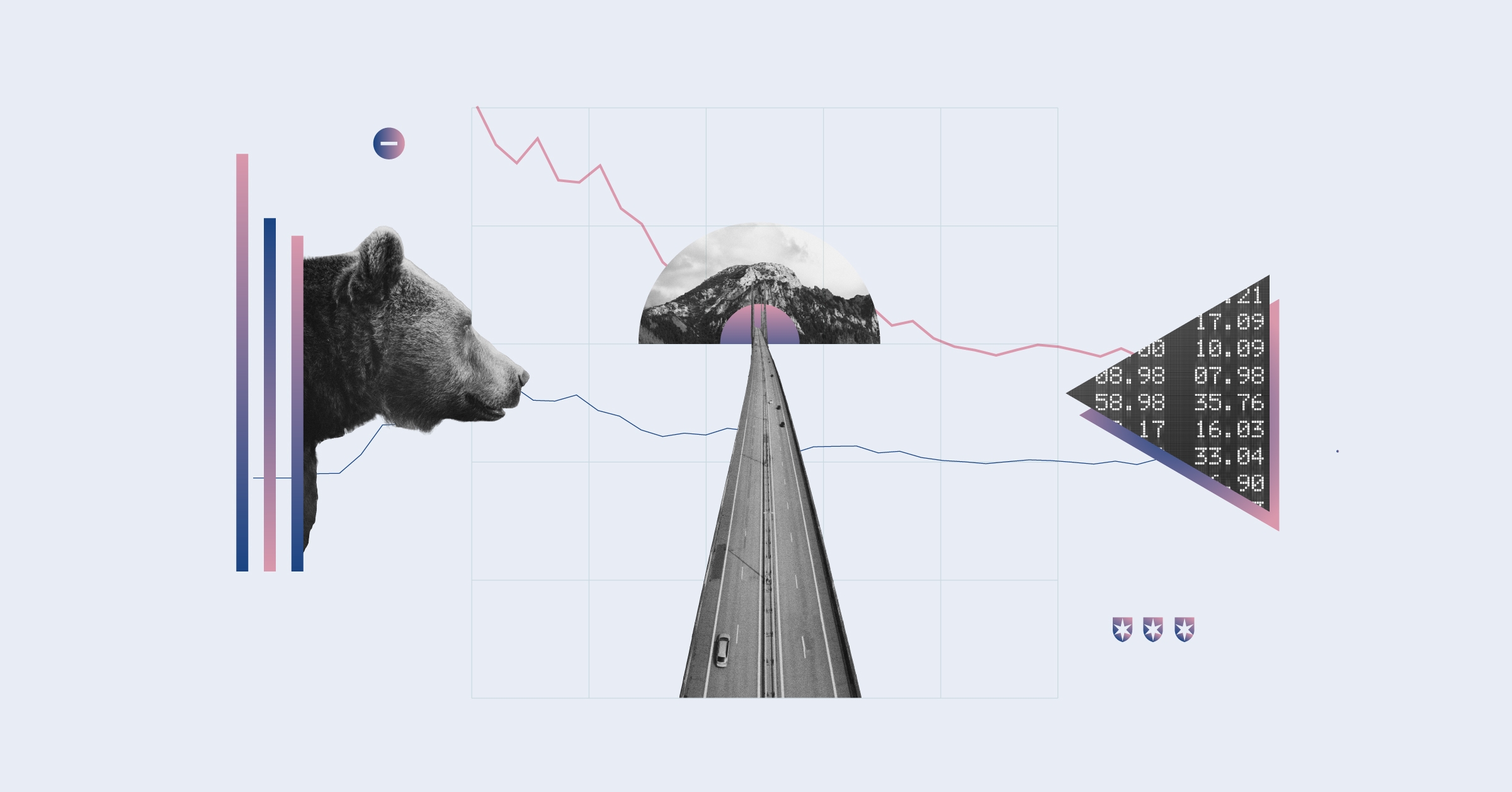This article is part of Morningstar's "Perspectives", written by third-party contributors. Here, Simon Gergel, Manager of Merchants Trust discusses his portfolio shift from mid-caps to large-caps.
Since the turn of the century, mid-cap shares have been consistent outperformers of their larger peers and have become hugely popular as a result. Many reasons are cited for why mid-caps might be structurally more attractive than large caps. They may be more agile, able to change their strategy or move their business mix in response to changing circumstances. They may operate in niche markets with greater pricing power, or their market share of a big market may be low enough to allow room for faster growth. In addition, mid-caps are more likely to be taken over as there are more companies that can afford to buy them and consolidation will hit fewer anti-competition issues.
In comparison, in recent years the FTSE 100 index has lagged the mid-cap FTSE 250 index considerably, partly due to the poor performance of the mega-caps. This index is highly exposed to certain sectors, which make up a far larger proportion of the index than in the mid-cap index. Several of these sectors have been terrible performers in the 21st Century and have depressed the FTSE 100 index return. So many investors have, understandably, reduced exposure to these large businesses. But, looking forward, what should investors expect from mid-cap shares? How will mid-caps performance compare to the FTSE in 15 years’ time? In considering this, perhaps the key question to ask is:
What Should Investors Expect from FTSE 100 Shares?
Many of the big sectors of the market could recover their poise in the next few years. Specifically, the oil majors, BP (BP.) and Royal Dutch Shell (RDSB), as well as HSBC (HSBA) and GlaxoSmithKline (GSK) look like interesting investments. They all have high dividend yields, robust balance sheets, modest valuations and scope to significantly improve financial performance in the next few years. For example, HSBC retains an enviable franchise in the faster growing Asian region, with profitable and valuable banking operations in many other countries, not least the UK, a strong balance sheet and a global network to service multinational corporations. Furthermore it stands to benefit from rising interest rates, in particular in the USA, which should position it well for the forthcoming interest rate cycle.
More generally, the banking industry has been restructured and recapitalised. It is now more tightly regulated too, so it seems reasonable to expect far lower volatility than in recent years. Given modest starting valuations and low expectations, banks could perform well too.
What About Valuations?
Valuations are also supportive of larger companies. In aggregate, the FTSE 100 Index is far cheaper than the mid-cap FTSE 250 Index, with the mega-cap area cheaper still. The top 100 companies trade on a prospective price to earnings multiple of 14.3 times compared to the mid-caps on 16.4 times, whilst the FTSE 100 dividend yield is 4.3%, compared to 2.9% for the mid-caps.
Overall therefore, there are several reasons why I believe it is dangerous to extrapolate the recent outperformance of mid-cap shares into the future. The largest companies are cheaper and many of the head-winds of recent years are abating and may even become tail-winds. I would not expect a repeat of the tech bubble collapse, the banking crisis, or the commodity bust. Favouring the mega-caps is a contrarian call today when investors have re-rated mid-caps and companies with high returns and relatively stable earnings. Yet the future is likely to look very different to the past and could well see FTSE 100 index outperform.
Disclaimer
The views contained herein are those of the author(s) and not necessarily those of Morningstar. If you are interested in Morningstar featuring your content on our website, please email submissions to UKEditorial@morningstar.com































